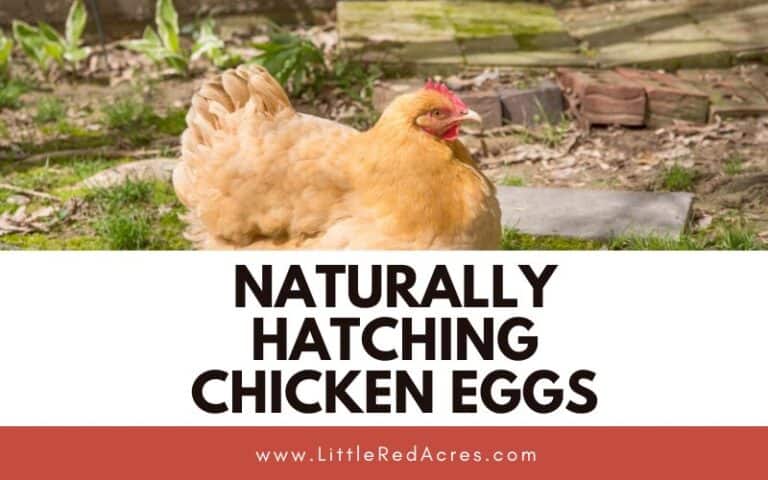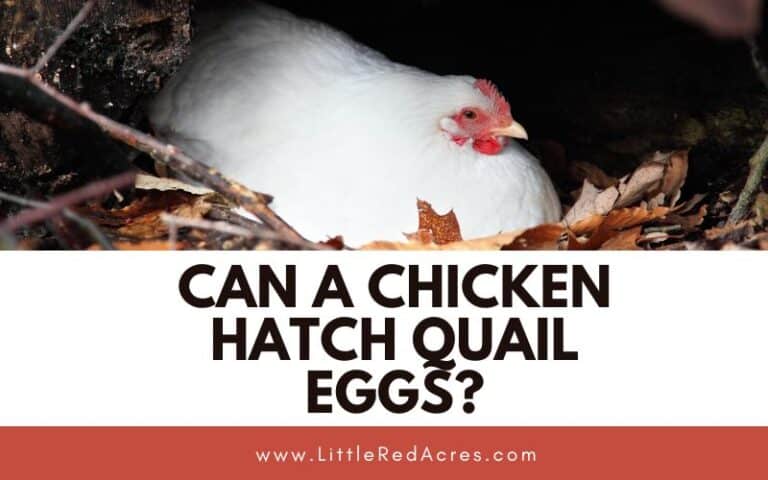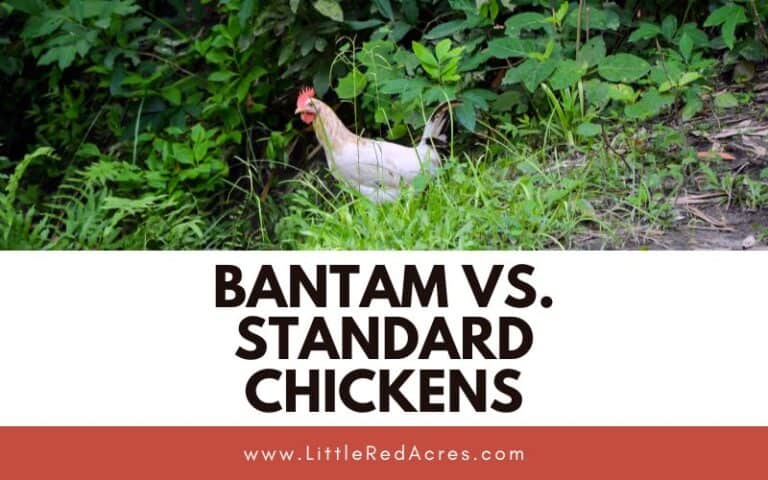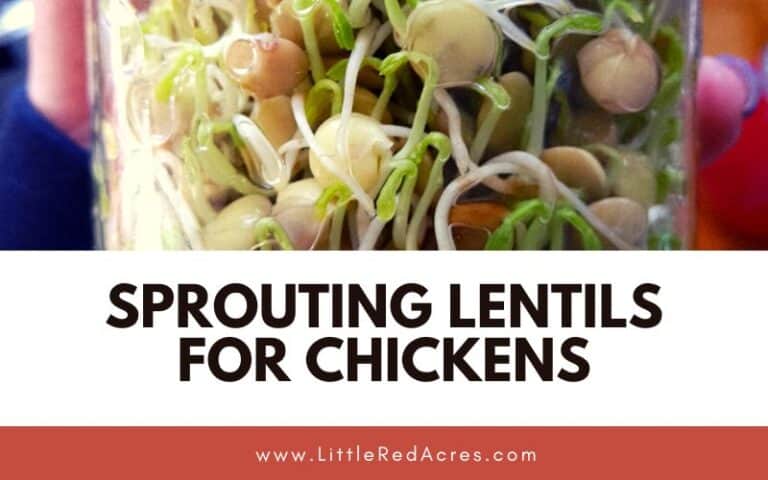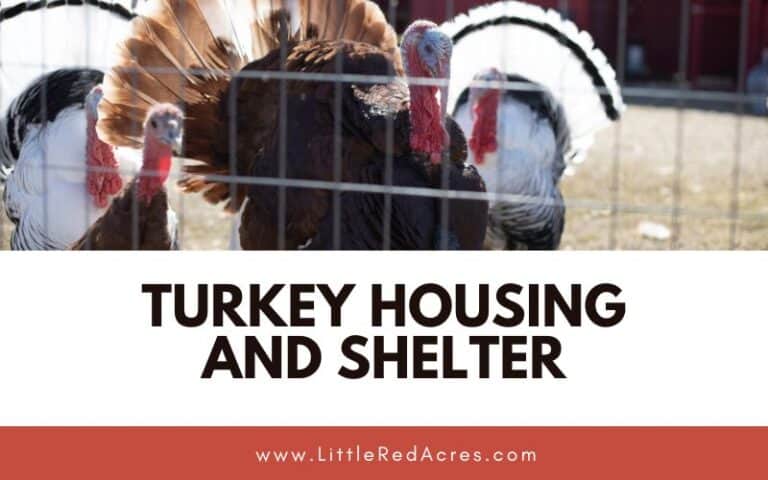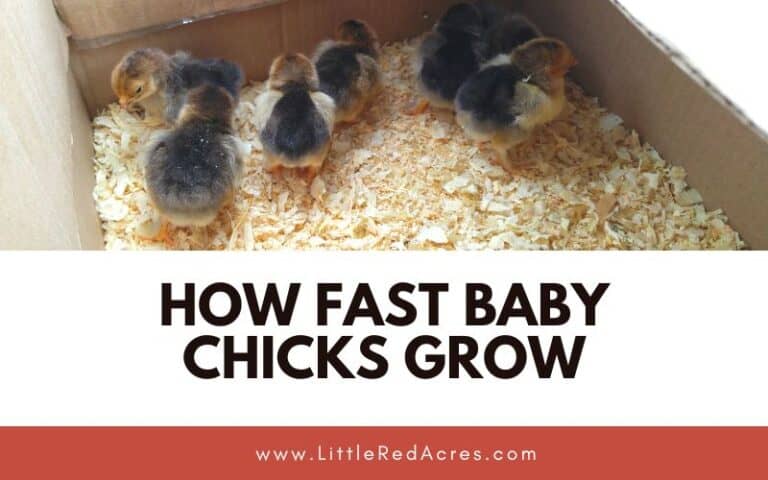Raising Turkeys and Chickens Together
Inside: Learn how to successfully raise turkeys and chickens together on a free-range farm. Discover the benefits and tips for raising happy birds.
If you're interested in raising poultry on a free-range farm, you might be wondering if you can or should be raising turkeys and chickens together. The answer is yes! Turkeys and chickens can coexist peacefully and even benefit from each other's company in a free-range setting.
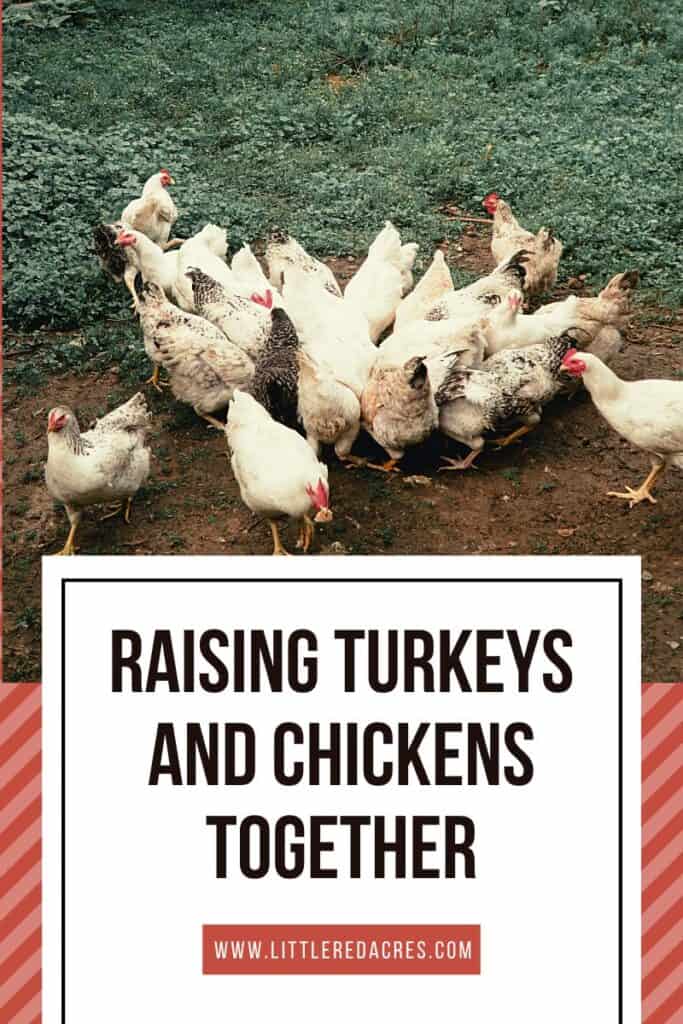
This post may contain affiliate links, see my disclosure policy for more information.
Raising Turkeys and Chickens Together
Raising turkeys and chickens together can be advantageous due to many different things. From their sizes, their diets, their coop needs, and more.
Turkeys and chickens can forage in the same areas without issue assuming you have a large enough area for them to free-range in. If you try to pin them in a run, you are going to need a large run. There are going to be pecking orders within a group of birds, and giving them free-range to roam and have their own picking orders within each group.
Get updates & freebies delivered to your inbox!
Tips for Raising Turkeys and Chickens Together
Another benefit is that turkeys and chickens can provide mutual protection from predators. Turkeys are larger and more aggressive than chickens, which can deter predators like foxes and raccoons.
Chickens, on the other hand, are faster and more agile, which can help them evade predators that turkeys may not be able to outrun.
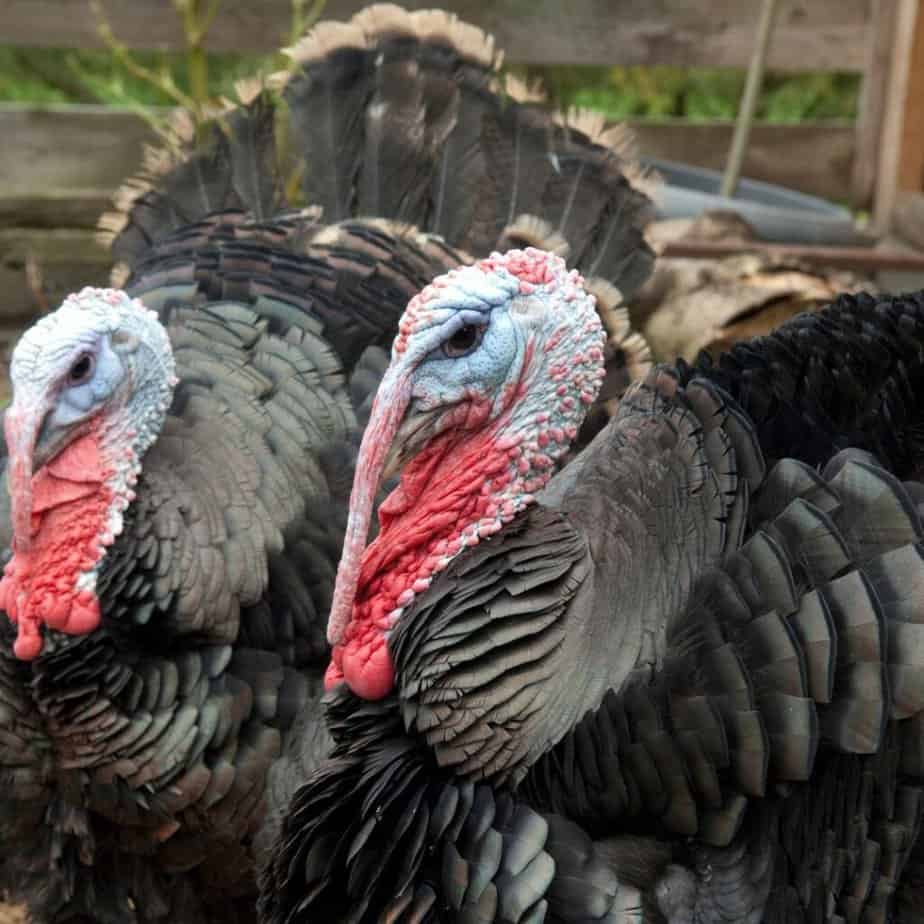
If you're planning on raising turkeys and chickens together, here are some tips to keep in mind:
Provide Enough Space
Turkeys and chickens both need ample space to roam and forage. Aim for at least 10 square feet per bird. This is important. Otherwise, you are going to have fighting birds. They will fight over food, water, space, and out of boredom.
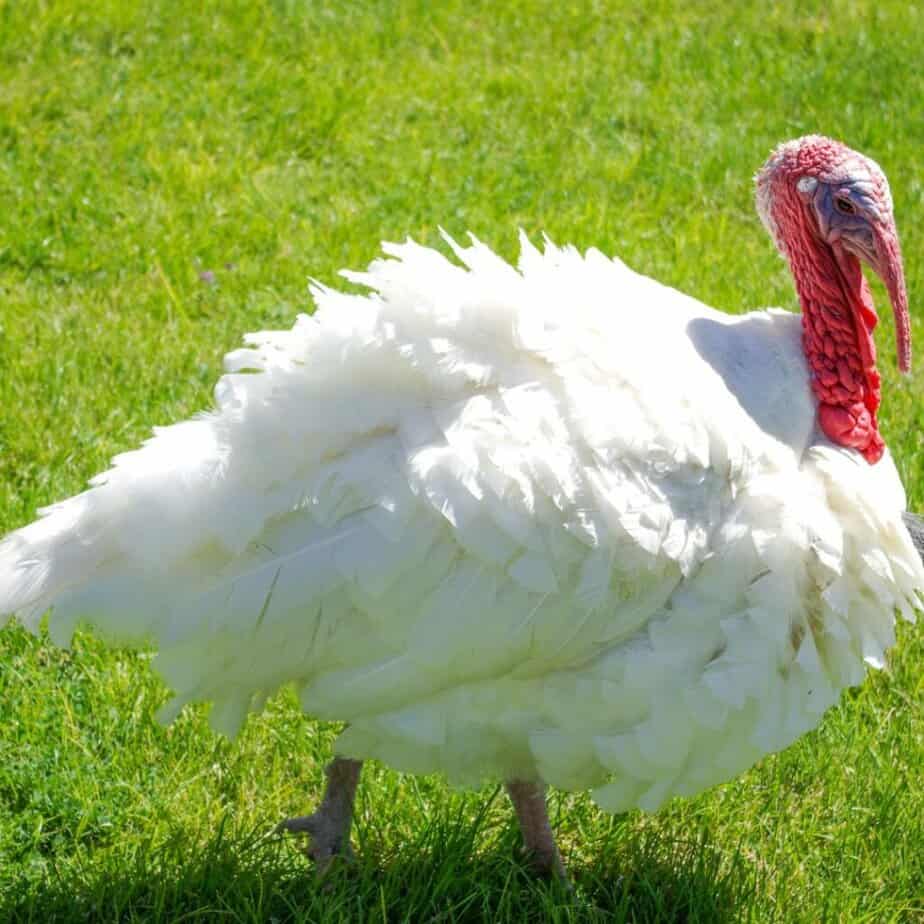
Provide Separate Nesting Areas
Turkeys and chickens have different nesting habits, so it's important to provide separate nesting areas for each species. Though, to be honest, birds are going to lay their eggs where they want to lay their eggs whether it's in a chicken nesting box, a turkey nesting box, or a bush in your yard.
Provide Different Feeders
Since turkeys and chickens have different feeding habits, it's best to provide separate feeders and waterers to avoid competition. Yes, they are going to eat each others feed. This is something that you have to deal with when free-ranging.
You can place the turkey feed higher up where your chickens can't reach it, just hang it higher. Assuming you have chickens smaller than your turkeys.
If you are looking to start raising turkeys but are not sure where to start? This ebook has everything you need to know about turkey raising. You learn about housing and coop requirements, what to feed and what not to feed your turkey, and how to keep them healthy. This ebook is your one-stop guide to successfully raising turkeys!
Introduce Them Gradually
If you're introducing turkeys and chickens to each other for the first time, do it gradually over several days to avoid stress and potential conflicts. Keep them in their runs, or at least only free-range one of them around the other birds' run. Let them get used to each other.
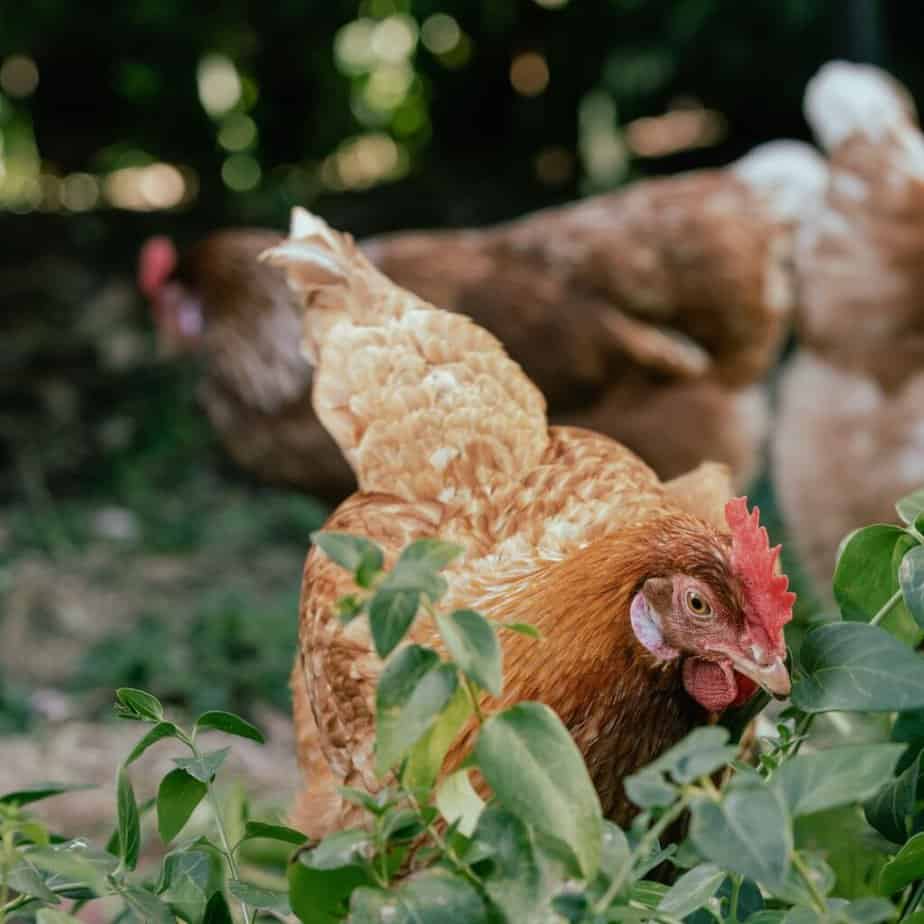
Monitor their Behavior
Keep an eye on the birds to make sure they're getting along and there aren't any issues with aggression or bullying. Turkeys are huge in comparison to most chickens. There can be some trouble. You need to be able to intervene if something goes wrong.
You are going to have some pecking order fights, some feather pulling, etc. It's normal. It will happen in a run with your chickens alone.
I have not let my chickens run with my turkeys, I don't free-range for the safety of my birds. Which raises the cost of raising birds, I know, I have the feed bills. Just remember, chickens have different diseases and are dirtier than turkeys, and raising them together means mixing all risks together.
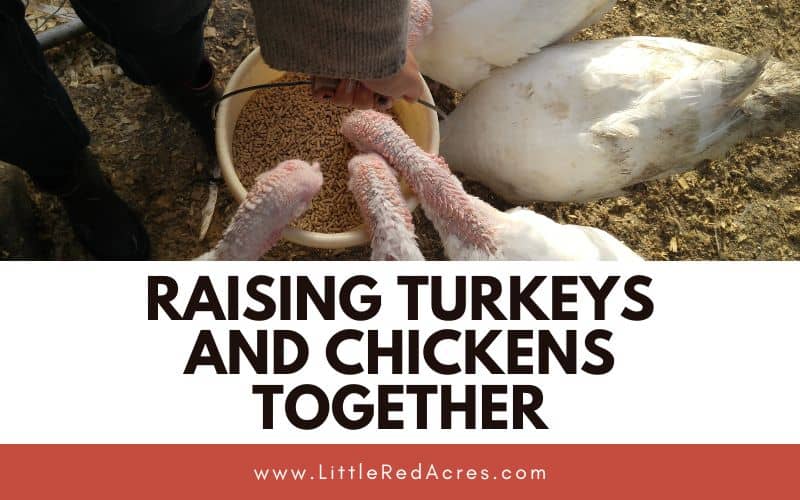
You have to worry about blackhead disease. People often worry about chickens passing it to other poultry such as turkeys and quail. This and other possible diseases are why some choose to house their animals separately.
Blackhead disease (histomoniasis) is an important poultry disease that affects turkeys, chickens, and game birds such as partridges, pheasants, and quail. It is a single-celled organism that is spread to the bird by the roundworm Heterakis gallinarum.
We housed our turkeys, chickens, and quail separately, not necessarily because of disease, but because of the difference in size, and because we do not free-range.
Raising turkeys and chickens together can be a great way to diversify your free-range poultry farming operation. With a bit of planning and attention to their needs, you can create a harmonious environment where these two species can coexist and thrive.
Frequently Asked Questions
Do turkeys need a coop? Converted sheds or large coops are ideal and roosting areas should be provided if possible as some breeds of turkeys enjoy roosting at night.
Can I raise just one turkey? Because living alone can be very stressful for flock animals such as turkeys, if a turkey resident is unable to live with other turkeys, it will be important to allow them to bond with a companion(s) of a different species while ensuring everyone's safety.

Want More?
Raising Turkey VS Chickens: What are the Differences?
Turkey Breeds for Your Homestead

